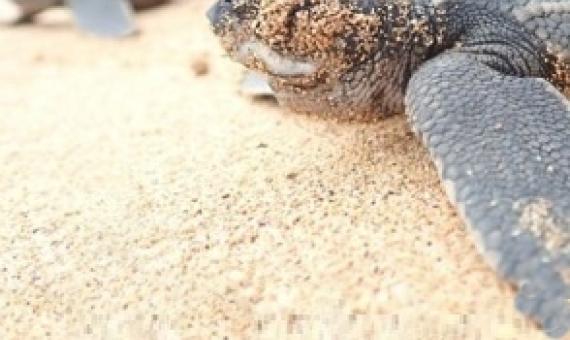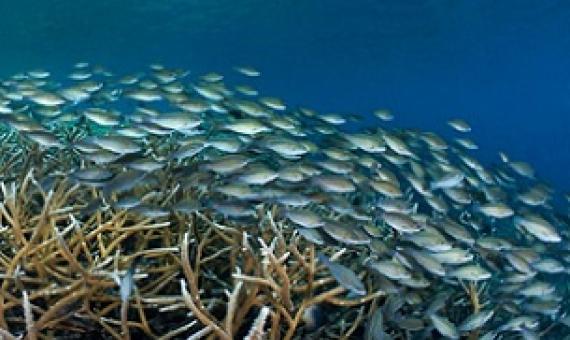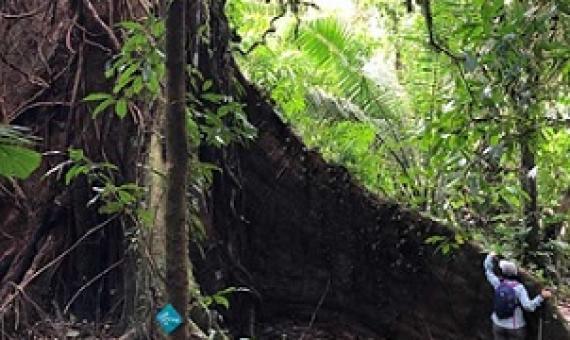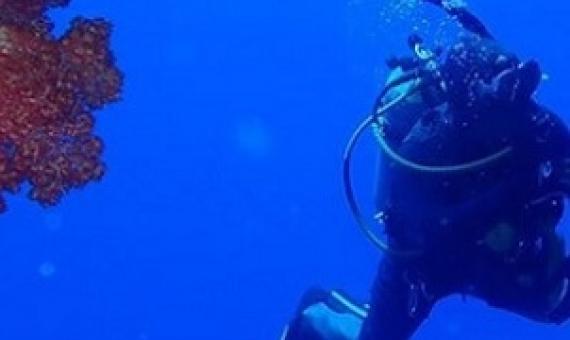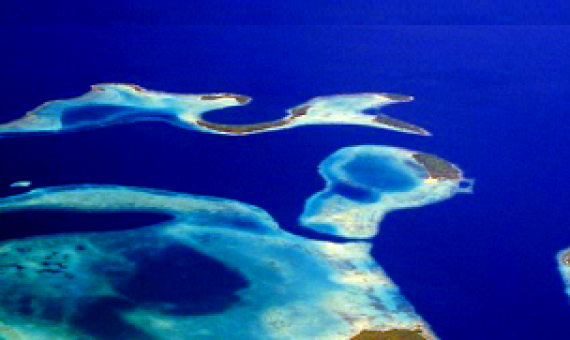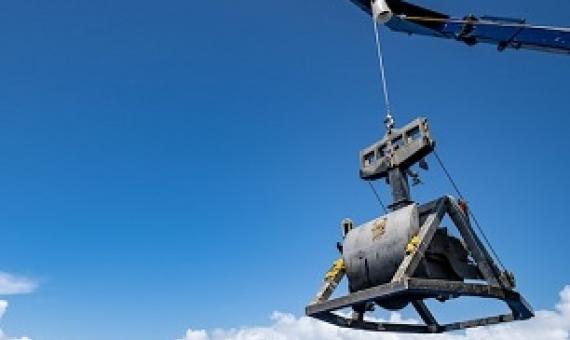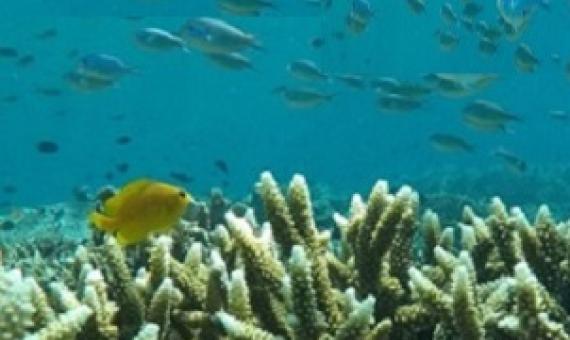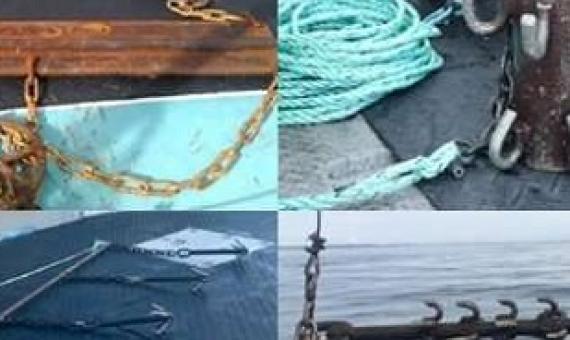In the new article "Incorporating multidimensional behavior into a risk management tool for a critically endangered and migratory species" published in Conservation Biology, researchers combined data on the diving behavior of East Pacific leatherbacks with data on fish
A new study of the Mesoamerican Reef in the Caribbean found that marine protected areas (MPAs) are not only beneficial for conservation but can also lift up the socioeconomic status of the local and Indigenous communities that live near them.
Tropical forests often harbor hundreds of species of trees in a square mile, but scientists often struggle to understand how such a diversity of species can coexist.
The French Senior Researcher in Oceanography, Dr Cecile Dupouy says Fiji’s ocean is healthy despite a few blooms received from the Rewa River.
Island nations are noted for their particularly high-levels of biodiversity and endemic species. However, they are also more vulnerable to biodiversity loss, having already experienced 61% of recent global extinctions.
An international assessment of the barriers influencing the effectiveness of island ecosystem management
Island ecosystems are disproportionally impacted by biodiversity loss and as such their effective management is critical to global conservation efforts. Practitioners worldwide work to manage island sites and species to conserve them, but various day-to-day barriers compromise these efforts, reducing management effectiveness and preventing local and potentially even national biodiversity targets from being met.
Who’s setting the agenda? Philanthropic donor influence in marine conservation
We are in a period of unprecedented growth in conservation philanthropy. How will this influx of private funding affect conservation agendas? Inspired by a collaborative research co-design process, this paper addresses questions about how foundations influence conservation agendas in the places they work. We draw from a case study of the world’s largest philanthropic funder of marine conservation, the David and Lucile Packard Foundation and their 20 years of investment in marine conservation in Palau and Fiji.
A team of marine biologists and oceanographers from the University of California, the University of British Columbia, the University of Hawaii and the South Atlantic Environmental Research Institute, has found evidence suggesting that fish such as skipjack, yellowfin tuna and bigeye have be
In a paper published today in Nature, researchers from the California Academy of Sciences, University of São Paulo, University of Oxford, University of Exeter, and other collaborators reveal the extent of plastic pollution on coral reefs, finding that debris increases
New research has found that the design of biodegradable fishing gear needs to improve if it is to help address the environmental and economic impacts of 'ghost fishing'.

